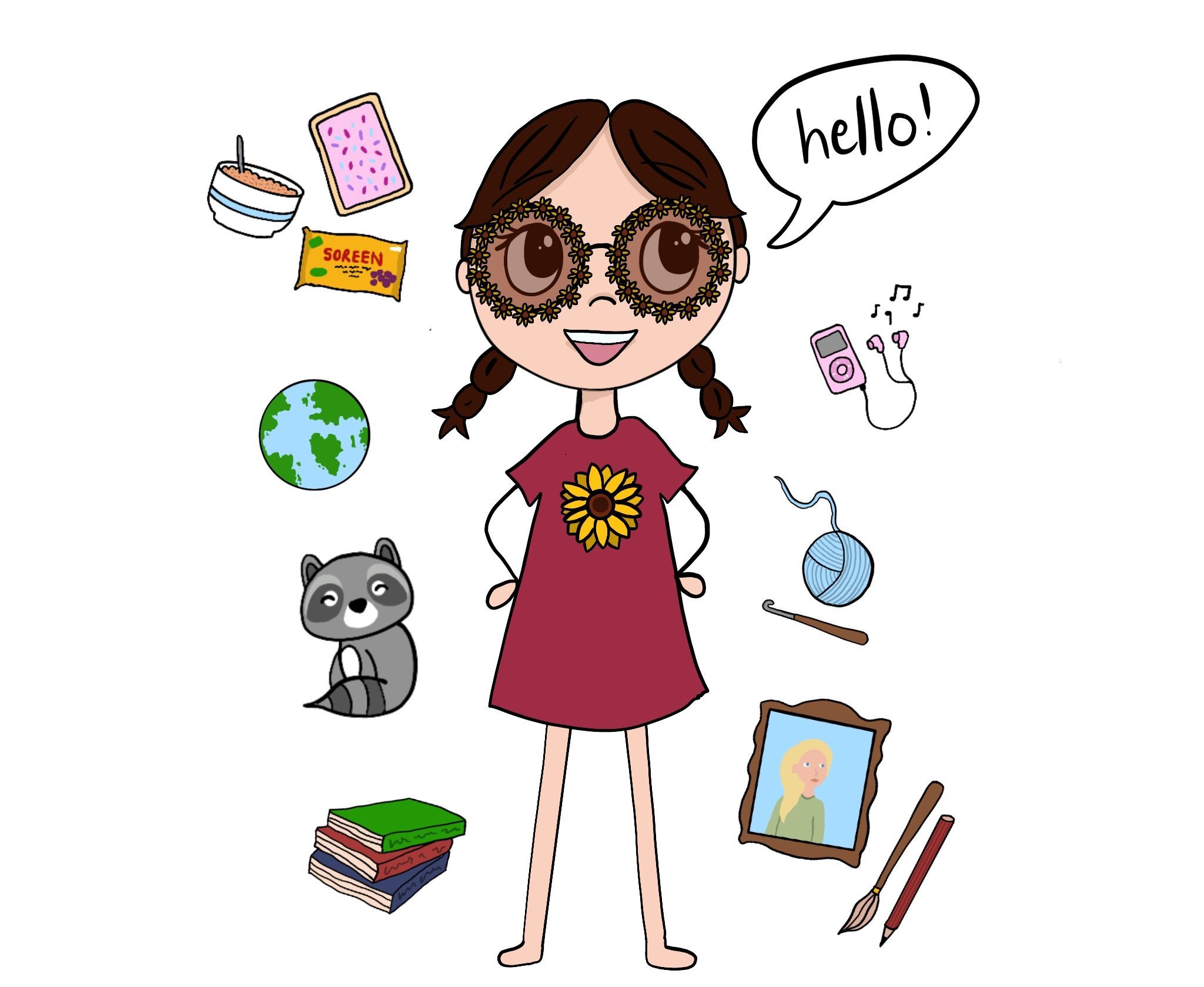A lot has been going on for me recently – considering changing jobs, struggling with my health, moving in and out of my family home…understandably, I think, all these changes have left me questioning my identity a lot. And in fact, a shaky sense of identity is something that has constantly been a battle in my life; I believe it’s one of the root causes of my mental health issues. It was only recently that I discovered that I wasn’t alone in this! While very much under-researched, the understanding of ‘the self’ and one’s identity is noted to be very different for autistic individuals.
(If you are interested in the research side of this: Self awareness refers to being aware of one’s self including one’s own mental states (emotions, perceptions, etc) as well behaviours and appearance; these are processed very differently by people on the spectrum. Some examples of self awareness experiences of autistic individuals noted in studies include ‘(1) they do not know what they do not know, so it is hard for them to judge when and how to know more; (2) they have difficulty telling the differences between their own or others’ preferences and emotions in social situations; (3) they have difficulty relating their own behaviors to environmental and social contexts/s+ituations, and to others’ actions; (4) they have difficulty understanding self and others’ thoughts and feelings, etc’. Other studies have described how humans form part of their self image through interactions with the people and environment sound them – an area of functioning that is,as described, notably different for autistic individuals. A clinical trial using brain scanning technology has also actually showed that there are differences in the brains of austistic individuals that affect our ability to see ourselves as ‘distinct entities’ – resulting in a ‘disconnect’ in terms of our sense of self.)
As a child, I often ‘followed’ friends, and preferred to do things for them, than make my own decisions. I could never pick favourite things, because to me, these things would become ‘ME’, and I just couldn’t be sure if ‘x’ was ‘ME’ or not. Something as simple as picking a favourite colour or animal was an impossible decision. If I did eventually find something I liked really strongly, I would almost assign it to myself – this thing that I liked became a personality trait.
Furthermore, as I got older, I noticed that I didn’t develop a ‘taste’ in music or style. It just didn’t come naturally to me. I didn’t understand how people seemed to so unintentionally pick up interests and likes without making active decisions to do so. I was interested in absolutely everything, and wanted to learn and do…everything! It was exhausting. And, unfortunately for me, I ended up in a downward spiral of trying to fit the label of an eating disorder patient. I aspired to replicate films or shows involving a damaged female being ‘saved’ by a romantic interest.
However – and perhaps most importantly – I developed strategies to help me cope. And actually, I think these strategies are a large part of what helped me move on from my eating disorder, and actively want to recover. I find it helpful to make lists of things I like, and I also regularly make ‘life pies’ – similar to mindmaps – with sections for interests, hobbies, and things I do for my health, or to manage life (e.g. working, or chores). Something else I spent a lot of time doing was researching music to ‘discover’ music I like, and looking up different clothes to find a ‘look’ that I could identify with (while still being manageable from a sensory perspective). I will admit, it was sometimes a ‘trial and error’ approach – I went through quite a few different fashion ‘phases’, partly because I didn’t, at the time, understand my autism and sensory issues, and attempted to force myself to wear skinny jeans and tight clothing!
Have you ever felt like this? Do you have any strategies that help you? I would love to know. Some tips from me for when it does feel overwhelming and you do feel lost:
– Make a list of things you know you like and dislike
– Make a Pinterest board or scrapbook or collage of the things you like
– Focus on easy things – a favourite food, or a brand
– Think of how you’d introduce yourself to someone – ‘I’m Saffron, I like art, and reading, and eating cereal’
– Don’t be afraid to try new things
– Remember it’s okay for your identity to change as you get older, and as you try new things!
– Don’t overthink too much – you don’t need to DEFINE yourself – if it helps you to, do so, but you do not need to…it’s okay to just ‘be’!
Works Used:
Huang, A., Hughes, T., Sutton, L., Lawrence, M., Chen, X., Ji, Z. and Zeleke, W., 2017. Understanding the Self in Individuals with Autism Spectrum Disorders (ASD): A Review of Literature. Frontiers in Psychology, 8.
Lyons, V., 2013. Atypical Sense of Self in Autism Spectrum Disorders: A Neuro- Cognitive Perspective.
Science Daily. 2022. Poor Recognition Of ‘Self’ Found In High Functioning People With Autism. [online] Available at: <https://www.sciencedaily.com/releases/2008/02/080206121518.htm> [Accessed 29 September 2022].

Leave a Reply